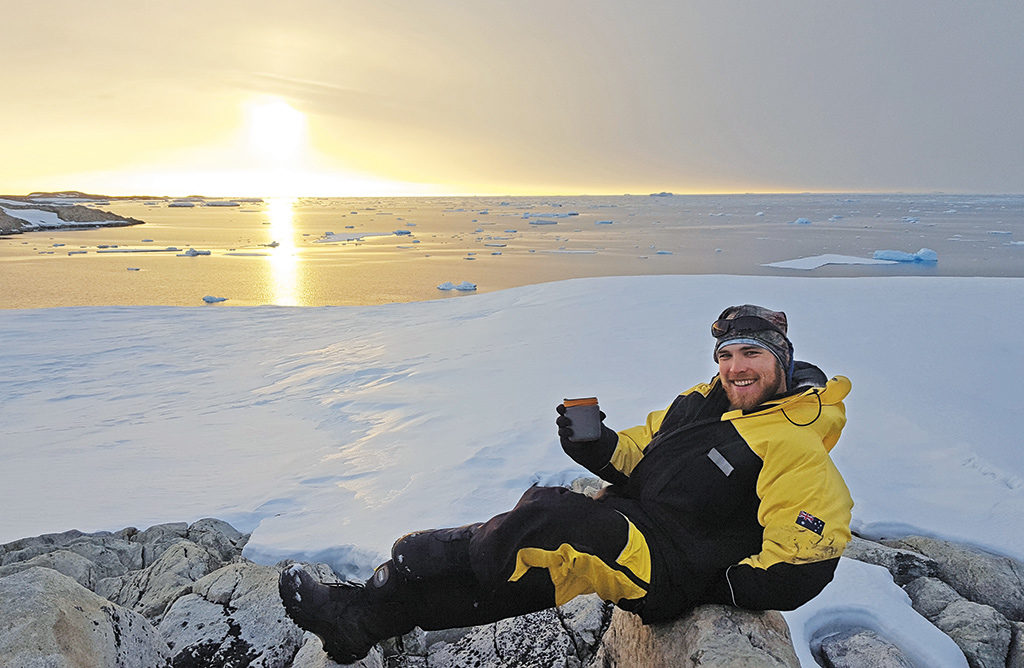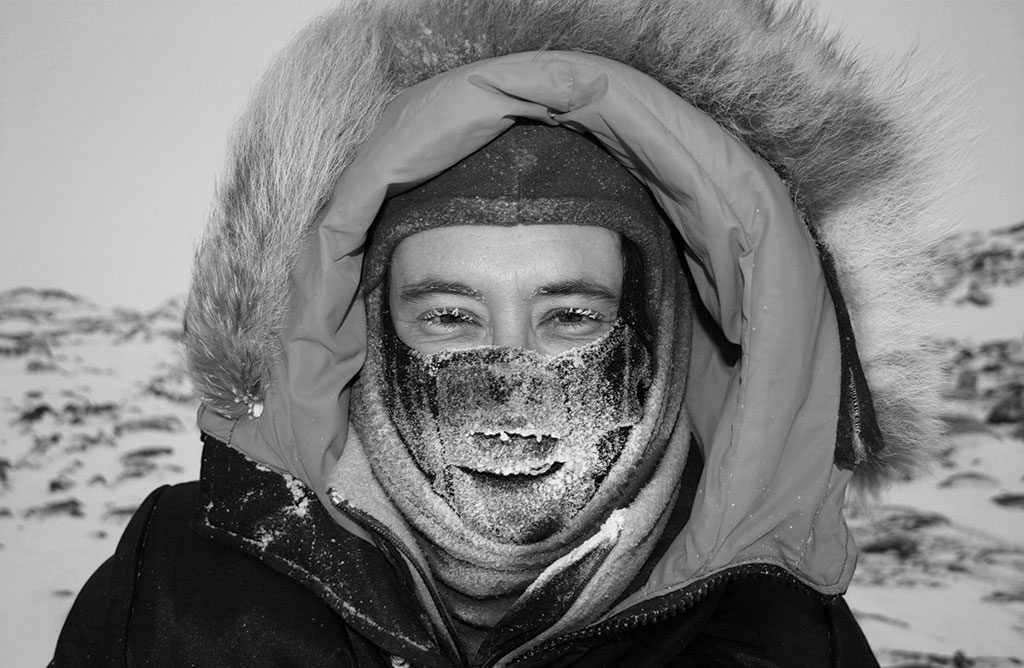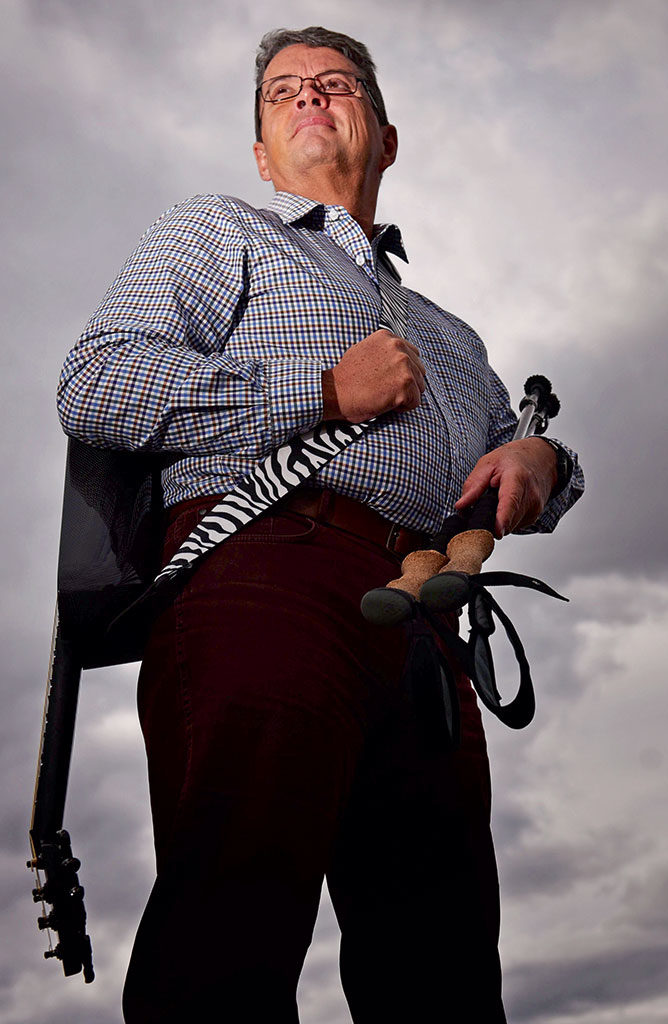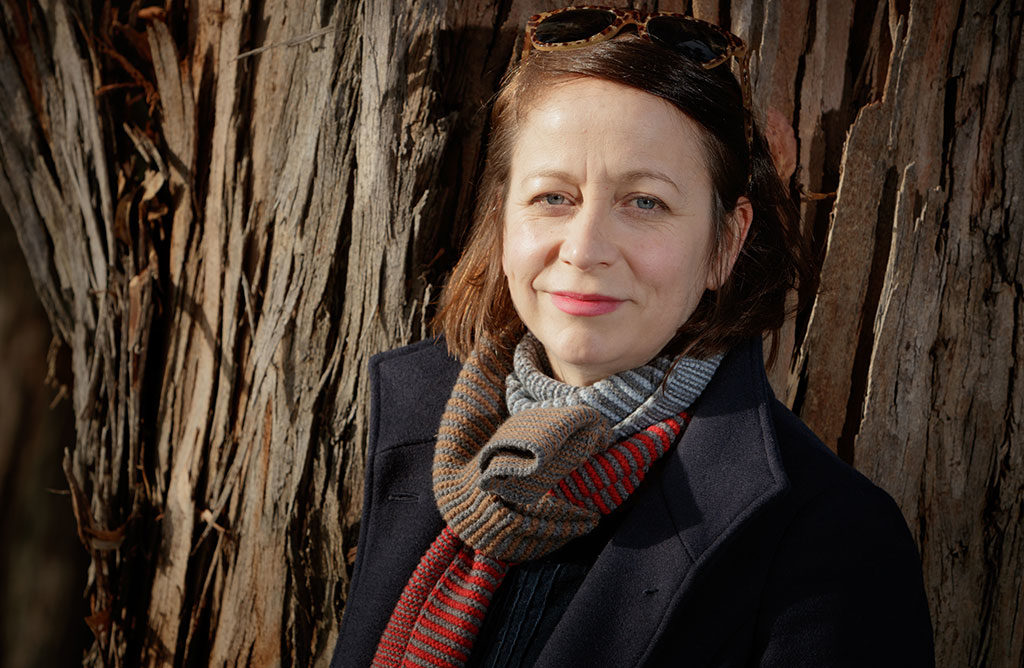From a young age I was captivated by Antarctica and the heroic stories of its early explorers. But it was only a few years ago I realised that as a doctor, I could go to experience it for myself, through the Australian Antarctic Program. So I applied, passed the interview and was admitted to go to Antarctica for 90 days last year. Before I could leave, however, I had to weather four-and-a-half months of intense training. This included survival training, fire safety, station safety, quad bike operation and dealing with group-dynamics training — as well as a stint in Melbourne, where I learned dentistry, physiotherapy and how to take X-rays. When I finally arrived at Antarctica’s Casey Station, I was amazed by the beautiful and overpowering environment. We were on the continent’s edge, only 3880km south of Perth, yet the lack of smells and colour was so different to anything I’d ever known. Fortunately, it was the summer, so we had sunlight for more than 15 hours a day and the station was buzzing with activity. It made it easy to develop a routine. The medical facility was brilliant. After 72 years of sending people, including doctors, down to Casey Station, the Polar Medical Unit had evolved to the point where it was prepared for almost any scenario and I was never without anything I needed. In fact, the facility was our station’s ‘MacGyvering’ haven. Tradies, carpenters and diesel mechanics on the base often came to see if there were any spare syringes, blunt needles or bits of tubing they could use in their own projects. Despite this, we still faced several challenges. We had almost 160 young, healthy people to care for and my new context meant that I’d have to make calls on whether to send them home based on simple things like skin lesions, lumps or weight loss. These were big decisions since it would affect their research or projects, but the alternative was staying for the winter — where they couldn’t be extracted for 6-9 months if their symptoms worsened. I also had to find a way of balancing being with people socially and maintaining a professional distance, which meant it could be isolating at times. Still, I participated in several social events, including one of the newer traditions where personnel would go for an Australia Day swim (wetsuit not included) off the boats’ landing beach. Given the hypothermia risks, we had a maximum of five minutes in the water before having to try to walk out. Funnily, spending three weeks telling people how cold 0-1° Celsius water was going to be did not prepare me for how cold it actually was. After I jumped in, I felt my body shut down — my lungs tightened and I was struggling to breathe. I felt every blood vessel in my skin crunch shut, with shudders of pain coming from each one. It took me eight hours to warm up again after that. And this was in summer! Goodness knows how people do it in winter. I really appreciated the experience during my time there. It gave me confidence in my abilities as a generalist. I think generalism is the future for a lot of parts of Australia. In a country like ours, I don’t think it makes sense for our resources to be localised to major cities when we have so many diverse communities separated by such great distances. In Antarctica, there’s no elderly people, kids, pregnant women, chronic disease or drug and alcohol problems — so it’s a very different medical spread down there. But it has empowered me to think that if we can have such a holistic medical solution down in Antarctica, why can’t the same things be happening in rural Australia. This is where things like telehealth, using local networks and understanding referral pathways are essential to bringing the quality of health services that we see in cities to people in remote areas. These thoughts have spurred me to continue my rural generalist training with ACRRM. Right now, I’m excited to be working at Ochre Medical Centre Queenstown. It’s still pretty remote, located 170km north-west of Hobart, but with any luck, I’ll get to go back to Antarctica one day.
Dr Robert Dickson
Queenstown, TAS
Geir O’Rourke/Dean Turner




